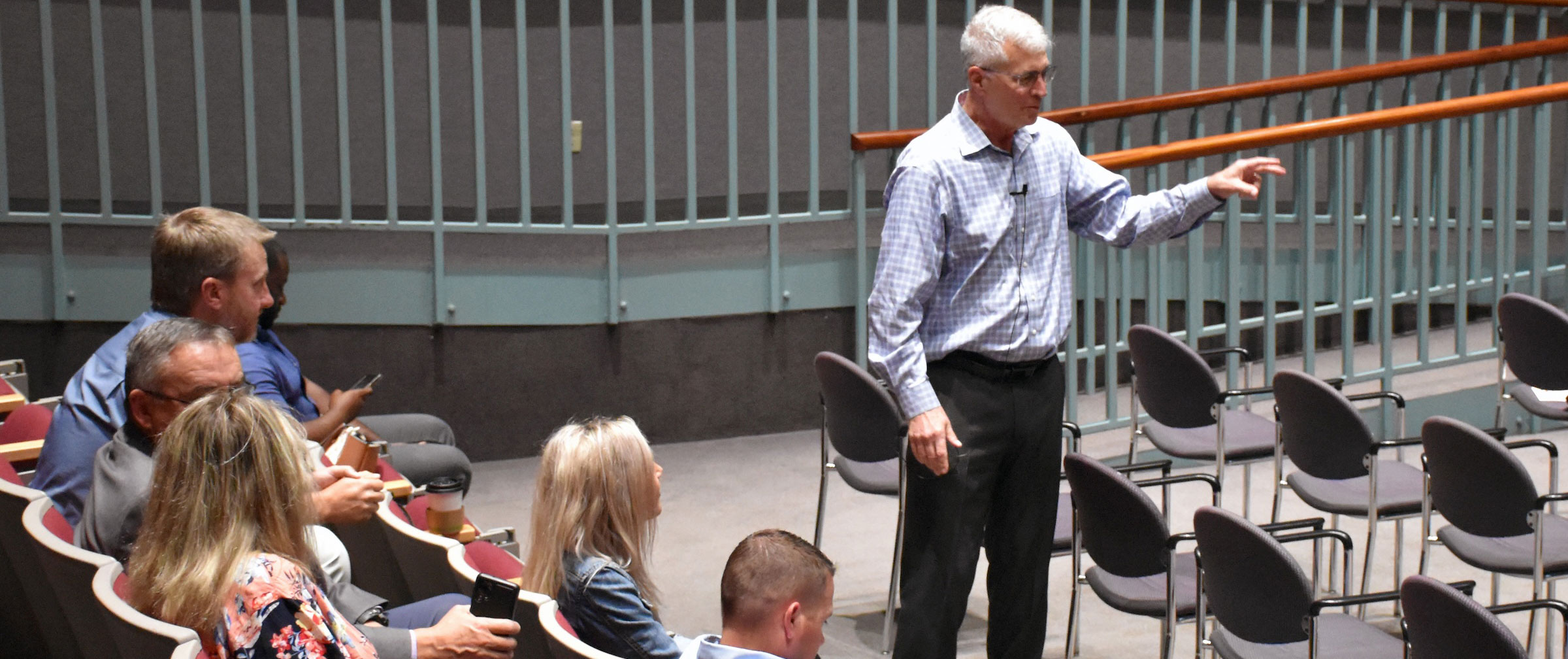I don’t know about you, but during this election year I am sure getting tired of the opinion polls. A day does not go by when the media doesn’t report some survey results. Americans have to be the most polled people in the world. (Although interestingly enough, I have never been contacted by any of these organizations… someone else must be bugged like crazy!). These results are clearly shaping policy and the positions of the political candidates. We keep hearing about the importance of consensus. Do our leaders represent what the people want? Will the decisions of our leaders be based upon what most Americans desire to happen?
At first glance, consensus appears all goo. We all want consensus. It feels good. Agreement is comfortable and uniting. Yet, consensus can be very dangerous, especially if it is used by our leaders as the predominant principle of their ideas and decisions.
Bottom line, consensus is ultimately a political process. Intelligent reasoning and proper decision-making on the other hand, is an evidentiary process that should be completely independent of the political process. Scientific fact stands on its own merit regardless of which people decide to follow it. Similarly, the right thing to do stands on its own merits. Over the years, the political process has certainly given many examples of where the consensus was independent of both the science and the right thing to do. Sometimes the right thing to do for a leader may be different than the majority opinion of the people. It was the unanimous consensus of queen Isabella’s court in 1492 that the world was flat. But that consensus was wrong. Just because there is consensus, or even a dominant opinion, it does not mean that this opinion is the right thing to do. The political winds can waver, scientific truth and the right thing to do should be rock-solid. Leading by consensus, although it does feel good and does generate great public opinion polls, may simply be the wrong thing to do.
When I mentor new Chief Medical Officers I typically pose the question “Whom do you represent as CMO?”. The gut response I usually receive is to say “the physicians”. I quickly counter that the CMO position is one of a senior leader, and therefore should represent the interests of ALL the stakeholders, not just the physicians. The role of the effective physician leader is not simply to poll the physician masses and advocate that position, but to do the right thing as a leader. I counsel the CMO that the toughest decisions one will ever have to make in the role as medical executive is the decision that one knows is right, but would be unpopular or inconvenient for the medical staff. The consensus polls, if they were done, would clearly show that this decision is unpopular. And of course, that would only fuel the fire that the CMO has now become an “administrator” and is ignoring the constituencies he was supposed to represent.
Leading by consensus alone and promoting the predominant opinion, can be a very narrow and dangerous approach to management. Good leadership requires making the right decision, not the most popular decision.
If you lead by consensus alone, you are following, not leading.




